Live Art Data
Live Art Data – New Strategies in Theatre Archiving: Scotland / Lower Saxony
The objective of the trilateral project »Live Art Data« is to establish a sustainable network between three institutions in Scotland and Lower Saxony: the University of Glasgow, University of Hildesheim, and the University of Applied Sciences Osnabrück. The underlying intention of the network is to discuss questions around the archiving of live performance,
including the specific British notion of ›Live Art‹.
An integral part of this endeavor is the exploration of cross-national and cross-institutional collaborations in Europe. ›Live Art Data‹, as we use the term, refers to digital and physical data produced by and during performative processes – either as an important component of aesthetic practice (e.g., the data of digital performances) or as paratexts (playbills, publicity photos, etc.). We combine historical, theoretical, and digital research into archival practices of storage, rubrication, and re-use of artistic data.
»Live Art Data« represents a comparative approach encompassing both historical and contemporary practices. We are interested in data produced in performance spaces and other cultural venues, in theatre pedagogical projects, by performing artists, and their audiences. From an interdisciplinary perspective, we tackle archival configurations and relations of performative data in teaching and information infrastructures today.
The focus is on four aspects: historiography, theory, digitalization, and the international dimension.
“As project owner of LIVE ART DATA – New Strategies in Theatre Archiving I hope to actively contribute to the transnational discourse on the complex field of work and research around the question of problems, chances and perspectives in terms of archiving live art.”
“The storability and archiving of ephemeral performances and other events of live art is a core problem of theater research and teaching. Against the background of radical change in the sphere of digital media, completely new potentials arise today – especially regarding methods of archiving performative processes and acts theatrical communication.”
Project Owners

Ekaterina Trachsel
Info
Ekaterina Trachsel studied Scenic Arts (B.A.) and Staging the Arts and Media (M.A.) at the University of Hildesheim. Since 2017, she has been working as a research assistant at the Institute for Media, Theatre and Popular Culture at the University of Hildesheim. She wrote her Doctoral thesis on the topic “De-Montage
as a Dramaturgical Practice in Contemporary Theater” (Doctoral advisor: Prof. Dr.
Annemarie Matzke). In addition to teaching at the University and doing her research, she is freelancing as a theatre maker with the theatre collective
VOLL:MILCH and the interdisciplinary artists’ collective MONSTER CONTROL DISTRICT (www.vollmilch.me).

Andreas Wolfsteiner
Info
Andreas Wolfsteiner is permanent professor of applied theatre studies at University of Applied Sciences Osnabrück (Institute of Theatre Pedagogy, Faculty of Management, Culture and Technology; Campus Lingen) since 2019. Before, he had interim and visiting professorships at Hildesheim University, FU Berlin and HU Berlin. Also, he is an occasional external lecturer at the Department for Theatre, Film and Media Studies at the University of Vienna. In 2008, he wrote his doctoral thesis in the course of the graduate programme “Körper-Inszenierungen” (body productions) at FU Berlin. The study focused on the history and theory of interfaces: “Der formatierte Körper” (=The Formatted Body, 2011). In 2016, he wrote his second thesis (Habilitation) in theatre studies at Hildesheim University: “Sichtbarkeits-maschinen. Zum Umgang mit Szenarien” (Visibility Machines. Handling Scenarios, 2018).
